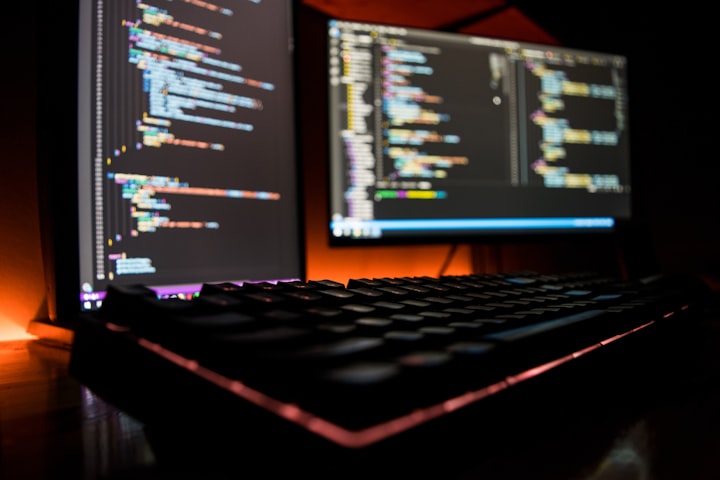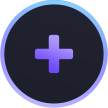
The ability of programming has grown in value in modern society. Programming is a crucial ability to possess whether you want to construct websites, develop mobile apps, or work in data science. This manual is for you if you want to learn how to code but don't know where to begin. This post will outline the fundamental steps to begin programming and give you access to tools to assist you.
Step 1: Choose a language
You must decide on a programming language before beginning your studies. It is possible to use programming languages like Ruby, Java, JavaScript, Python, and a few more. Every language has benefits and drawbacks of its own, and some are more appropriate for particular jobs than others.
We advise brand-new users to get their feet wet by learning a language like Python. Python is extensively used because it is easy to learn and has a simple syntax in data analysis, web development, automation, and other fields. You can find a lot of materials to get you started because it's a popular language for beginners.
Step 2: Choose a learning method
It's time to select a learning method once you've chosen a programming language. Learning to code can be done in a variety of methods, including through books, online courses, and classroom instruction. Here are some options to think about:
Online courses: You can learn programming at your own speed by taking online courses. Many programming courses are available on websites like Codecademy, Udemy, and Coursera, ranging in difficulty from beginner to advanced. To help you put what you've learned into practice, these courses frequently include interactive coding exercises, tests, and projects.
Books: There are a number of choices if you wish to learn programming through a book. Two well-liked options are "Python Crash Course" by Eric Matthes and "JavaScript & JQuery" by Jon Duckett. Books can be a great option if you prefer to learn offline and at your own speed.
In-person classes: If you prefer to learn in a classroom setting, consider taking an in-person programming class. Many community colleges and universities offer programming courses, and there are also coding bootcamps that offer intensive programming courses over a few months.
Step 3: Practice Makes Perfect
Regardless of the method you use, practicing code is the most crucial step in learning programming. To do this, you must create your own projects, experiment with various programming ideas, and write your own code. You'll progress more quickly and feel more at ease with coding as you practice.
Here are a few tips for practicing coding:
- Set aside dedicated time each day to practice coding, even if it's just 30 minutes.
- Find coding challenges and practice problems online to help you apply what you've learned.
- Work on small coding projects, like building a simple calculator or creating a basic website.
- Join coding communities, like GitHub or Stack Overflow, to connect with other programmers and get feedback on your code.
Step 4: Keep Learning
Even seasoned programmers are continuously picking up new skills since learning to program is a continual process. It's crucial to constantly learning and gaining new skills as you get more at ease with coding.
Here are a few ways to continue learning programming:
- Go to coding conferences and meetups to pick up programming tips from other programmers and remain current on market trends.
- Subscribe to podcasts and blogs to keep up with the most recent programming news and updates.
- Enroll in advanced programming courses or work toward a computer science degree, to improve your comprehension of programming ideas.
Although learning to code can be difficult, anyone can achieve proficiency with the correct tools and commitment. Remember to start by deciding on the programming language and instructional approach that suits you the most, and then set aside time to practice coding independently. Continue learning and pushing yourself with new coding tasks and challenging courses as you gain experience.
Learning programming is an useful ability that can open numerous opportunities for your career and personal development in today's technology-driven environment. Thus, don't be frightened to start your programming journey and dig in. You can master programming with hard work and the correct tools, opening up a world of opportunities for you in the future.
=> Click here for a chance to win a $750 Paypal Gift Card to start your programming journey!






Comments
Live Hype is not accepting comments at the moment
Want to show your support? Send them a one-off tip.